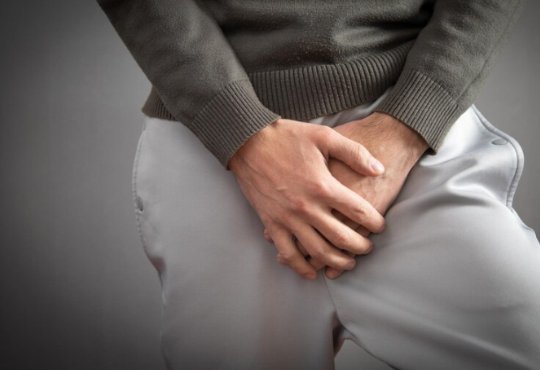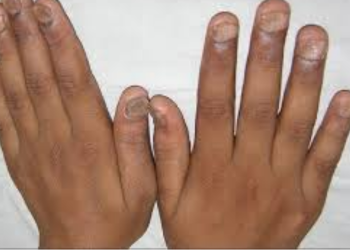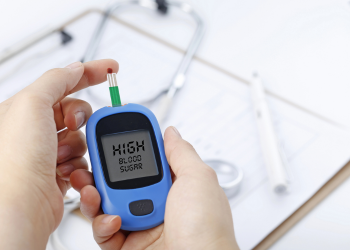Anal Fissure

An anal fissure is a crack or tear in the lining of your anal canal.
It’s a common cause of anal
pain and rectal
bleeding, especially
from straining to pass hard stools. Anal fissures can occur suddenly or
gradually. They can also heal quickly or slowly. Anal fissures are very common,
especially in infants and pregnant people.
SYMPTOMS
- Sharp pain while passing stool
- Burning or itching while passing stool.
- Fresh, red blood in the stool.
- Anal muscle spasms.
- A lump on the skin near the tear.
- Sharp, tearing, cutting, or burning pain, that radiates to their
buttocks, upper thighs, or lower back.
CAUSES
- Trauma — like stretching and straining.
- In babies, who often get anal fissures, the mucous lining is thinner and
more delicate than normal skin, making it easier to tear.
- It can also become inflamed by injury or disease. Long-term inflammation
can weaken the tissues.
- When anal sphincters are too tight, they can add tension to the anal
lining, making it easier to tear and even reducing blood flow to the tissues.
- Chronic constipation and
straining to stool.
- Obstructed defecation syndrome.
- Infant dyschezia.
- Chronic diarrhea.
- Childbirth.
- Penetration.
- Prior surgery.
- Sexually Transmitted Diseases
- Inflammatory Bowel Diseases
- Anal cancer.
- Tuberculosis (TB).
- Diaper rash.
COMPLICATIONS
- Chronic anal fissure
- Fecal impaction.
- Anal stenosis
- Anal fistula.
MANAGEMENT
- Use a step stool to support your feet while sitting on the toilet, which
helps position hips in a squatting position.
- Wipe the anus carefully with soft paper or alcohol-free wet wipes. Consider
using a bidet, or shower after
stool.
- Petroleum jelly can promote healing by sealing in moisture.
- Take a sitz bath two or
three times a day for at least 10-15 minutes. This is a shallow, warm water
bath that you sit in to soak your anus. It can relieve symptoms and help relax
muscles
- Drink more water.
- Eat more fresh fruits and vegetables.
- Avoid spicy foods and nuts





